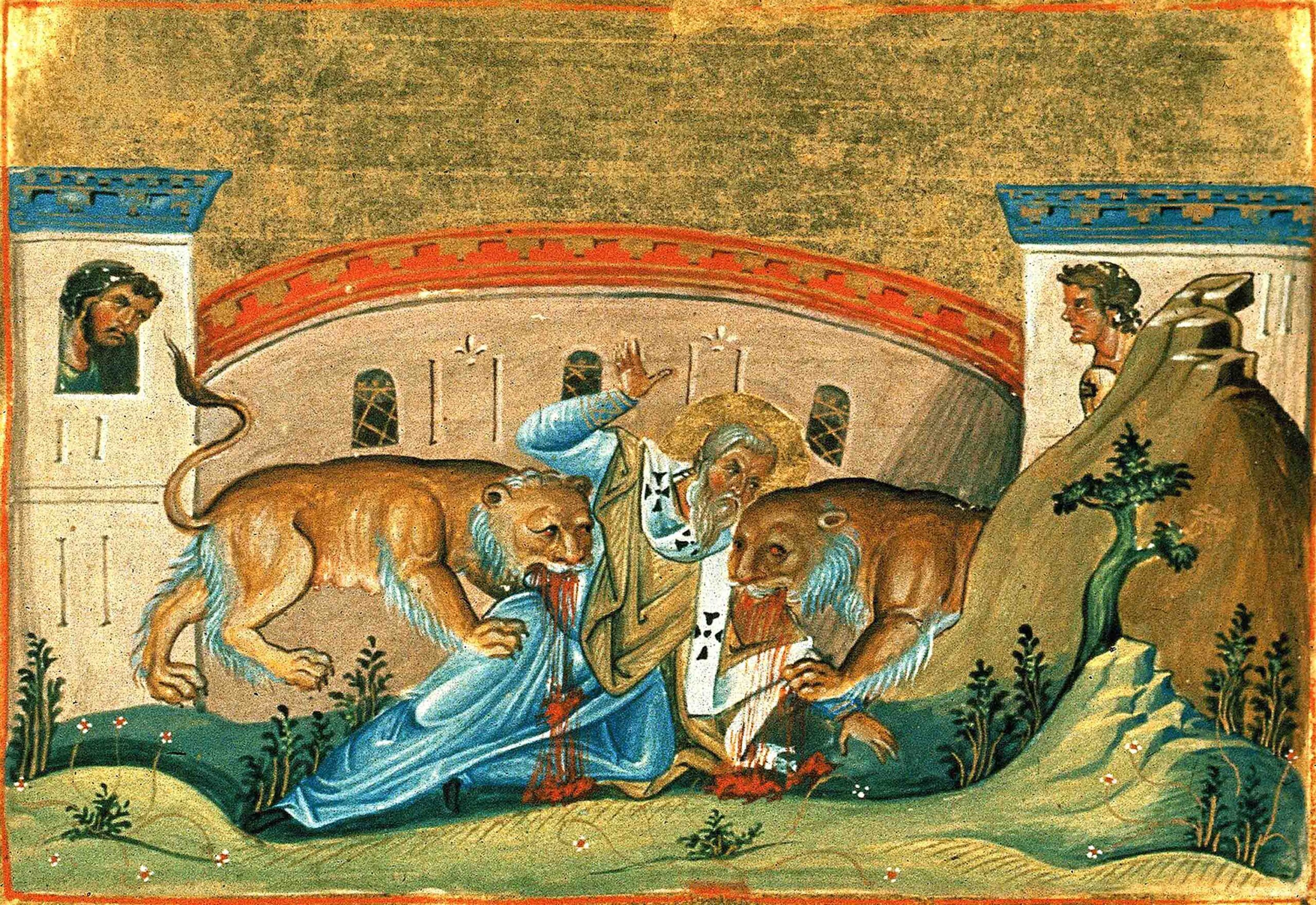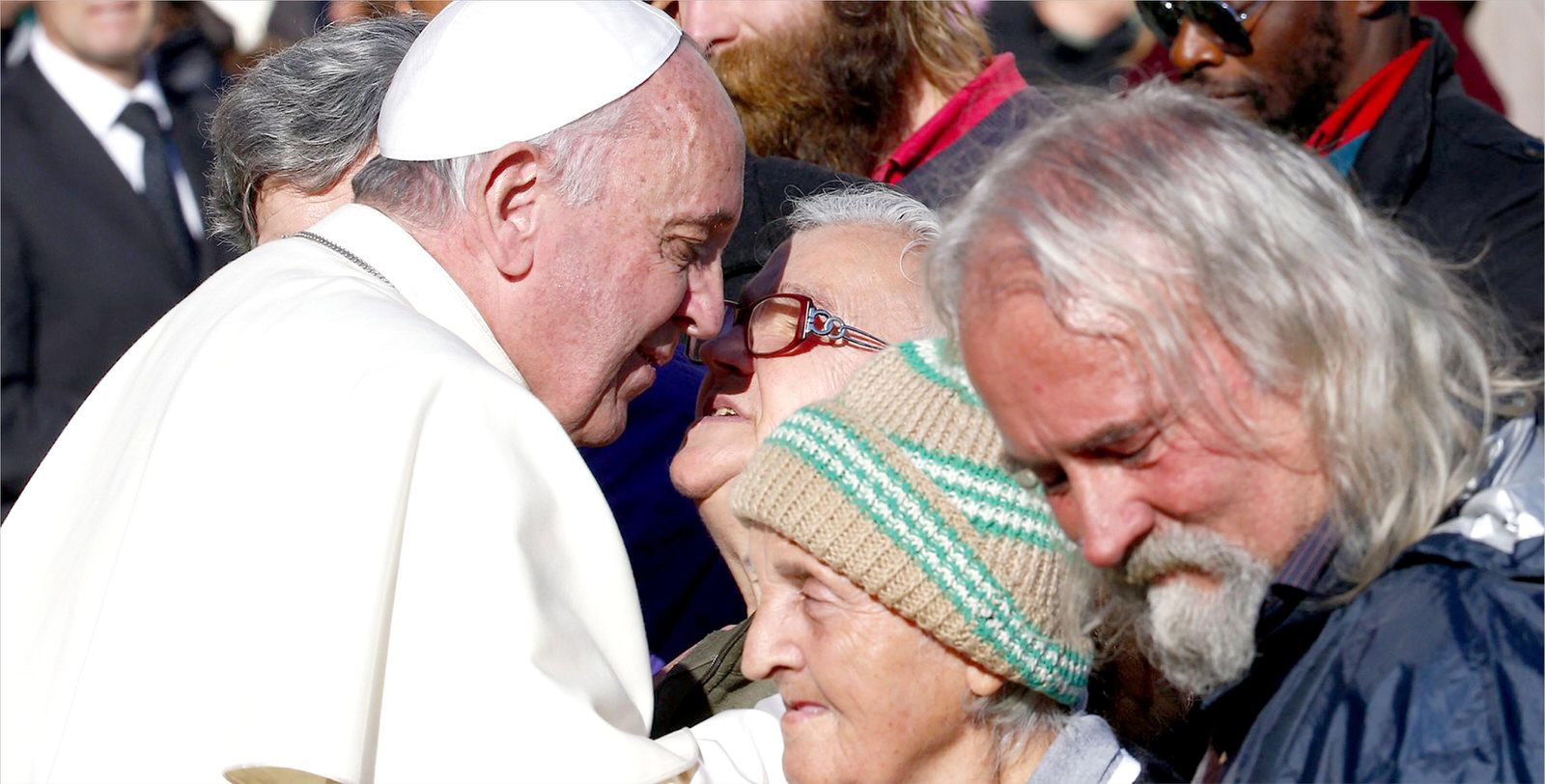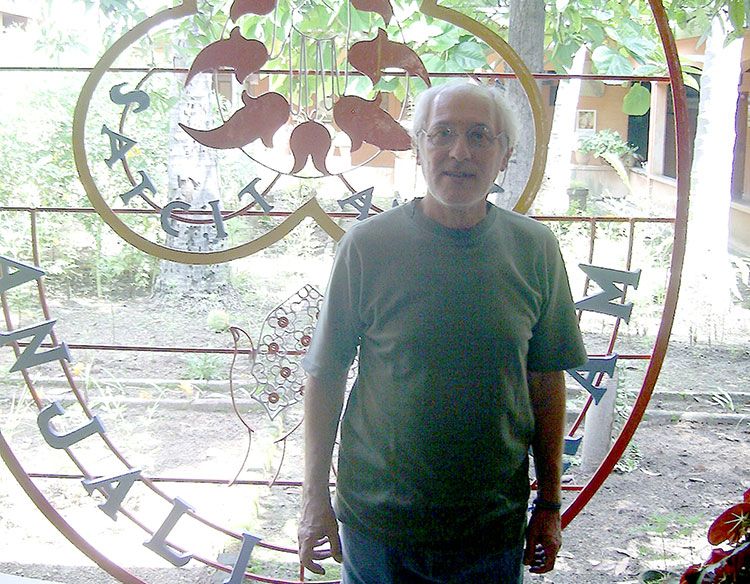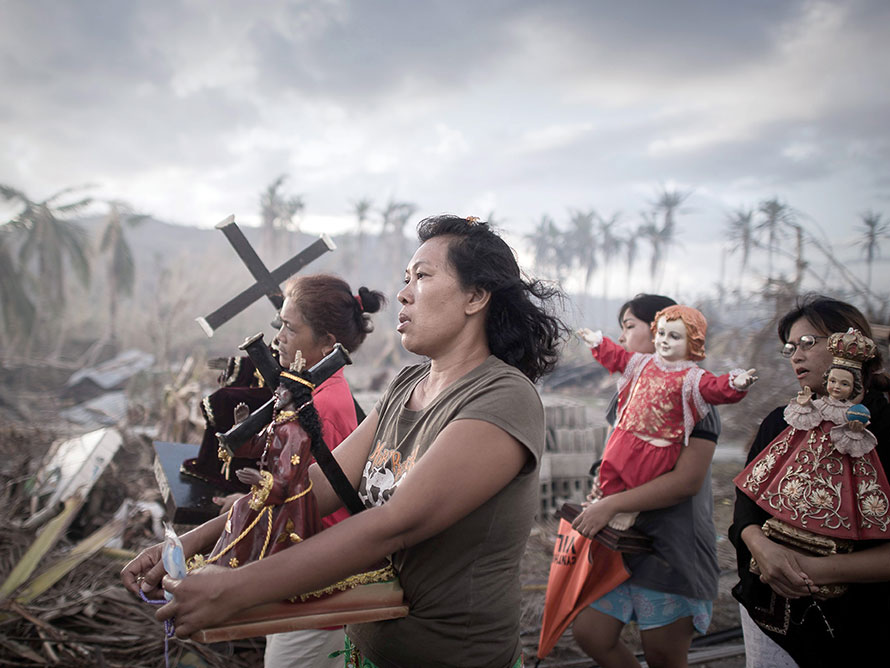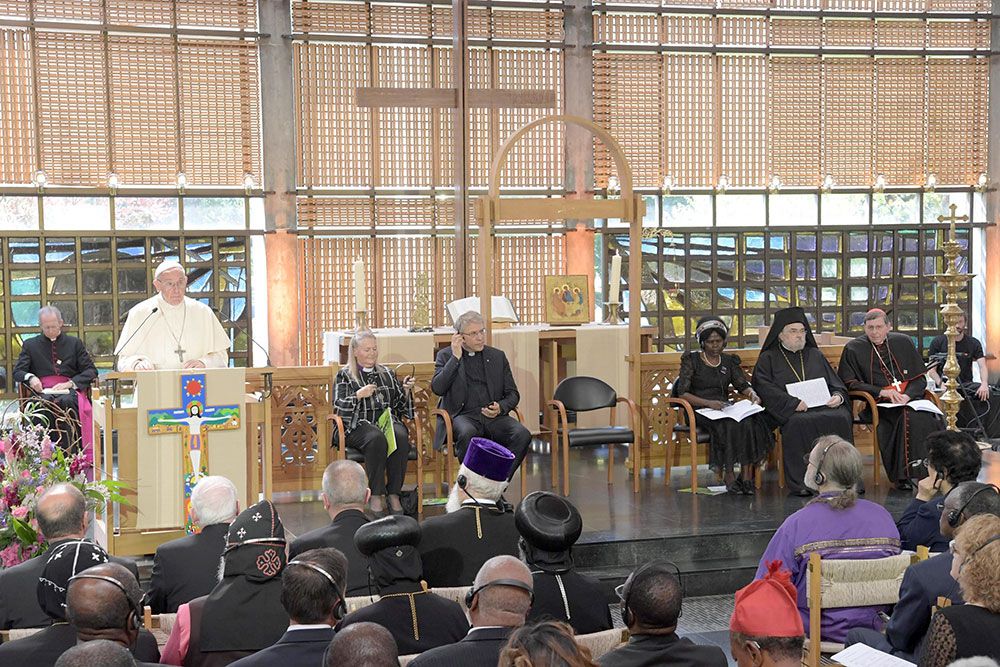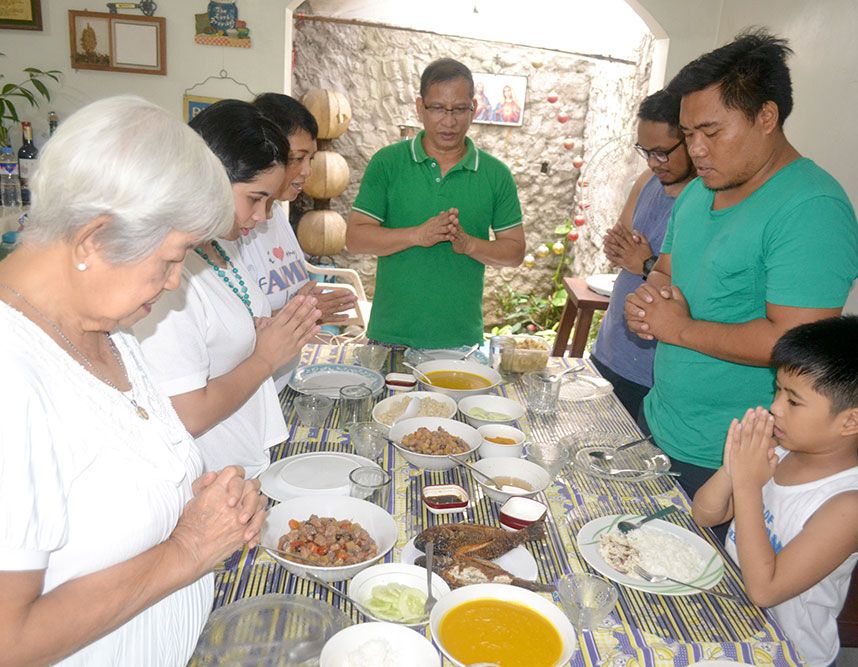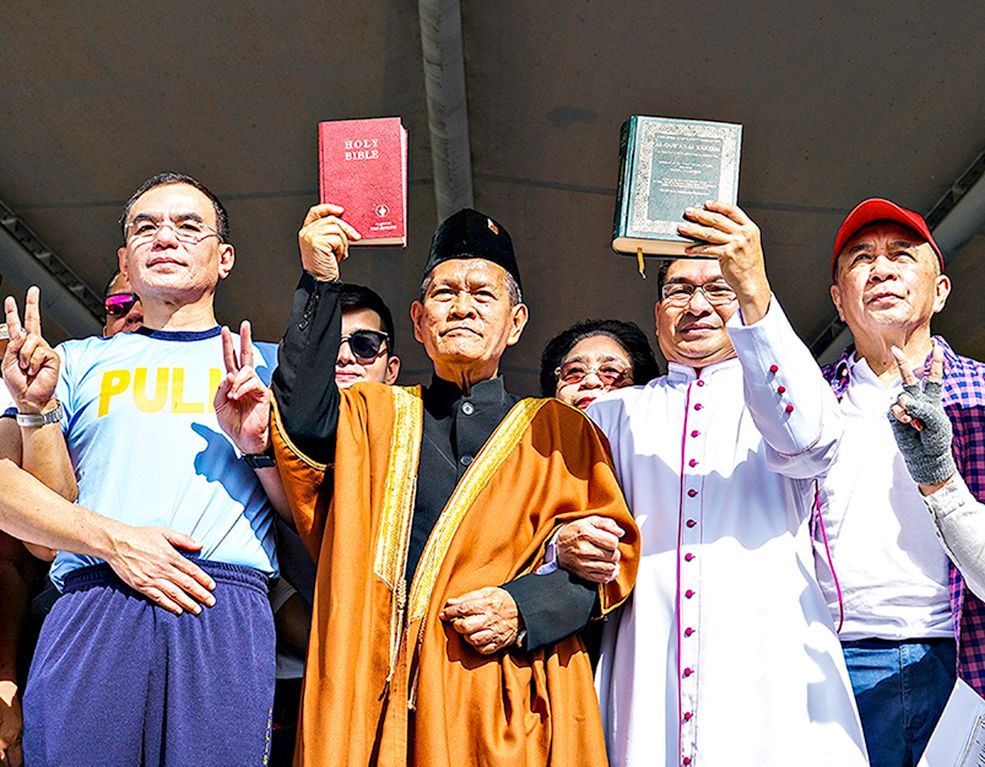He was 84 years old. He had Parkinson’s disease, back pain, and impaired hearing. He had been in Taloja Central Jail on the outskirts of the Indian city of Mumbai on trumped-up charges for nine months. While in jail, Fr. Stan Swamy had a fall and then contracted COVID.
Just a few days before his death on July 5, 2021, Fr. Stan had written to India’s National Investigation Authorities saying that he was willing to “pay the price.” He certainly paid it, and that price was high.
The authorities refused him bail on the grounds that there was no “conclusive proof of his ailments.” By the time he was admitted to the Holy Family Hospital in Mumbai, it was too late for any compassion from the State. The world was shocked.
BEACON OF LIGHT
This gentle man had been arrested on October 8, 2020 along with 15 others, all intellectuals and social activists, charged with promoting violence. The Bar Association of India, a voluntary body which represents almost its entire legal profession, accused the State of “lacking in compassion and inhumane approach” by imposing pre-trial detention on a respected person of advanced age, weak health and fragile constitution. Prominent social leaders wrote to the civil authorities expressing “deep anguish” at the foisting of false accusations against innocent persons.
This worldwide support for Fr. Stan, an Indian Jesuit Roman Catholic priest and tribal rights activist held no sway with the authorities. Fr. Stan had spent his final months acting as a beacon of light to his fellow prisoners. They say he brought cheer and joy, courtesy and optimism to this group of falsely accused campaigners.
His moral thinking, love for humanity and long-term vision of human realities inspired those heartbroken individuals to whom unfair punishment had been meted out. He wanted to make people experience God’s love in a concrete way in the midst of harsh situations. The example he left behind will not be forgotten and his ideals will surely be discussed in institutions dedicated to human welfare and intellectual circles of social commitment.
Fr.Stan Swamy was born Stanislaus Lourdswamy, in Trichy in the Indian state of Tamilnadu on 26 April 1937. He enrolled himself at St. Joseph’s School run by the Jesuits, and a little later joined them in their life of dedicated service.
He was eager to serve the poor and the needy in their greatest hardship. His post was to be in the northern state of Jharkhand, an area of deprived and under-developed indigenous tribal communities.
At Chaibasa, a mining hub, Fr. Stan and his students would discuss the happenings in their neighbourhood with the villagers. He would discuss and try to evaluate situations of unfairness and explore ways of being helpful in society in a constructive way. He visited homes and sought to learn more about the cultures and values of the smaller tribes such as the Munda’s or Ho’s. He knew well that missionaries become effective in their service only with a deep understanding of the tribal character of the community they work with. He understood that cultural immersion is central to apostolic fruitfulness.
INDIGENOUS COMMUNITIES
The next stage of his formation was in Manila in the Philippines, where he studied theology, giving attention to sociological themes. He quickly recognised that indigenous communities right around the world were being taken advantage of by more advanced societies. He realized that indigenous communities are vessels of inestimable wisdom, particularly in their relationship with nature and among fellow human beings.
Back on the sub-continent, Fr. Stan stayed at Badaibir, learning from village life, before going to Louvain in Belgium to continue his reflection at a theoretical level. In time he returned to the painful realities of village life in India.
In 2006, he opened a centre at Bagicha, Ranchi, in Jharkhand to give support to social activists. Unfair displacement was his central concern. “Defend your land rights,” was the call. The people were “like sheep without a shepherd” and Fr. Stan became the shepherd, a truly motivating force. The indigenous communities looked to him for inspiration and guidance, and he emerged as an icon inspiring self-confidence in those who were too timid to assert their rights over their heritage. However, when people began erecting the traditional stone that affirmed their right over their land, the civil authorities began to arrest activists behind the movement.
Fr.Stan Swamy identified himself with people’s sufferings. He joined hands with men and women of all faiths and persuasions as long as they were genuinely committed to humanity. There was no streak of violence in his character, only the love of humanity. In fact, he claimed to belong to a universal society.
Soon the authorities saw that his presence was a mighty force providing light and energy to the movement that he had set in motion. The powerful corporates, greedy for this mineral-rich land, wanted him moved out of the tribal belt–and so, he was arrested, with the authorities inexplicably associating Fr. Stan with the Bhima-Koregaon conspiracy case in another part of India.
Why were those in power afraid of an octogenarian? This particular octogenarian had become a beacon for those struggling for justice, a role model for young people across the nation. All tribal rights activists looked up to him, so the state wanted to make an example of him.
LIFE FOR THE OPPRESSED
“They wanted him out of the way. He wanted, like St. Ignatius, to ‘set the world on fire’. He identified himself with people’s sufferings. He joined hands with people of all faiths and persuasions as long they were genuinely committed to humanity.”
The requests of dozens of prestigious social welfare agencies around the world fell on deaf ears. When he became ill in prison, he refused to go to a state hospital where the reports could be manipulated. By the time he was finally admitted into a Catholic hospital, COVID-19 had taken its toll. The end came even sooner than expected.
Fr. Stan had the habit of invoking silence from time to time in honour of the martyrs who had given up their lives for the cause of the deprived. The world paused in his honour briefly struck dumb by the insensitivity of those responsible for his tragic end.
The United States Commission for International Religious Freedom (USCIRF) condemned the entire legal process in the strongest terms. Its Office expressed its distress at the death of Fr. Stan Swamy in custody and called for greater respect for human rights. Rahul Gandhi lamented, “He deserved justice and humane treatment.” There were protests from all over the country. The only reply from the authorities concerned was that “all due processes have been followed”.
MARTYRDOM
The passage of John’s Gospel read at Fr. Stan’s funeral Mass narrated the scourging of Jesus. The homily referred to Pontius Pilate unable to find fault with Jesus while handing him over to be crucified: once more Pilate came out and said to the Jews gathered there, “Look, I am bringing him out to you to let you know that I find no basis for a charge against him.”
Society as a whole had found no fault with Fr. Stan Swamy. There were commemorative services in numerous institutions and prayer centres. Candlelight processions took place around the country. His remains were honoured. A documentary film was produced to pay him final homage. Fr. Cutinha, the Jamshedpur Provincial of the Jesuits, said: “May the martyrdom of Stan inspire and challenge us” to work for justice and reconciliation.
This man who was certainly no silent spectator, paid a high price. He has not been silenced because his inspiration and his work live on. Others will continue defending the marginalized and vulnerable people, speaking out against atrocities and the violation of human rights. He networked with others who continue supporting many initiatives for the development of Jharkhand. He made sure that there were many trained to galvanize the struggle against the brutal dispossession of land.
In his quiet, well-mannered, gentle way, Fr. Stan wanted the people he so much cared about to have the right to a dignified life. He gave his life because he believed in the defence of legitimate constitutional rights. He was hounded because of his support of the Adivasi (tribal people) and Dalits (those once called ‘untouchables’ in the caste system).
As Fr. Stanislaus D’Souza said, “He has given us an ethical mandate to be compassionate, to be the voice of the voiceless.” Last December, a new investigation concluded that incriminating documents containing false evidence were planted in the hard drive of Fr. Stan’s computer to implicate him and accuse the Jesuit with charges of sedition.











